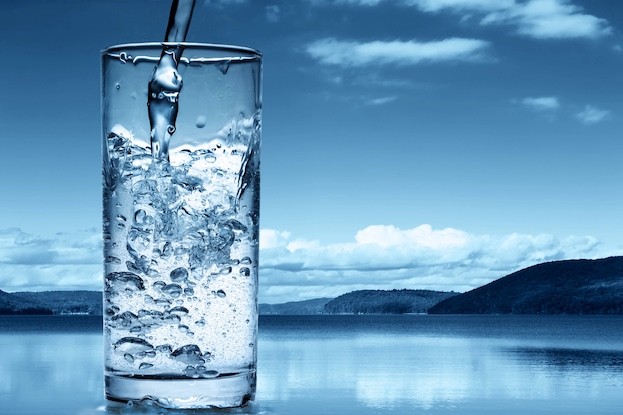AMBULANCE workers are striking today in a row over pay.
Services will be stretched with thousands of staff members having taken to the picket line .
Guidance states that if you need emergency care then you should in the first instance, visit NHS 111 online. Staff were this morning striking outside Coventry’s West Midlands Ambulance HeadquartersBut what should you do if you need an ambulance?
In the event of an emergency you should call 999 or visit your nearest A&E department, however strike action might mean you are delayed or are unable to get the usual level of care you might need.
Different illnesses will be treated differently and NHS bosses have issued guidance on what to do if you think you need an ambulance.
Category 1 calls are for the most life-threatening emergencies, such as cardiac arrest, and medics said that these will still be responded to.
Some ambulance trusts have also agreed exemptions and staff will come out for specific category 2 incidents, which cover conditions such as strokes or chest pain .
Category 3 calls include people who have severe abdominal pain , have suffered a fall, or patients who can be treated in their own homes.
This group is unlikely to be sent an ambulance during strike action, with patient transport services prioritising those with cancer and palliative care appointments.
Military personnel are being drafted in to provide support on ambulance calls during the strike but will not drive ambulances on blue lights for the most serious calls.
Need an ambulance?
Guidance from the North West Ambulance Service states that if you need urgent care, you should first use the symptom checker at NHS 111 online .
You should also call friends or relatives for transport if you need to.
If you have already called 999 to request an ambulance, only call back if your condition has gotten worse or to cancel it.
The Department of Health said you should still call 999 in an emergency.
Health minister Will Quince urged people to stay safe during today’s strike, telling BBC Breakfast: “Where people are planning any risky activity, I would strongly encourage them not to do so because there will be disruption on the day.”;;
The health minister also told the public that in any emergency calling 999 should still be the first option.
“But the key thing is for anybody that does have an emergency situation or a life-threatening situation that they continue to call 999 as they would have done previously, and for any other situation, NHS 111 or NHS 111 online.”;;



